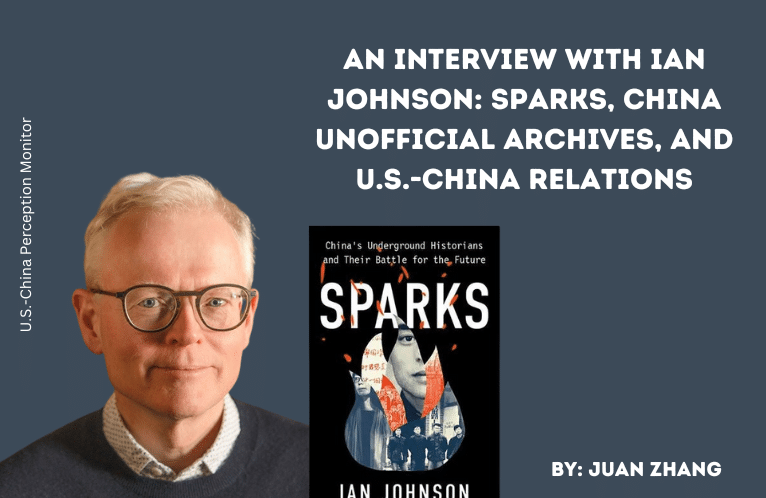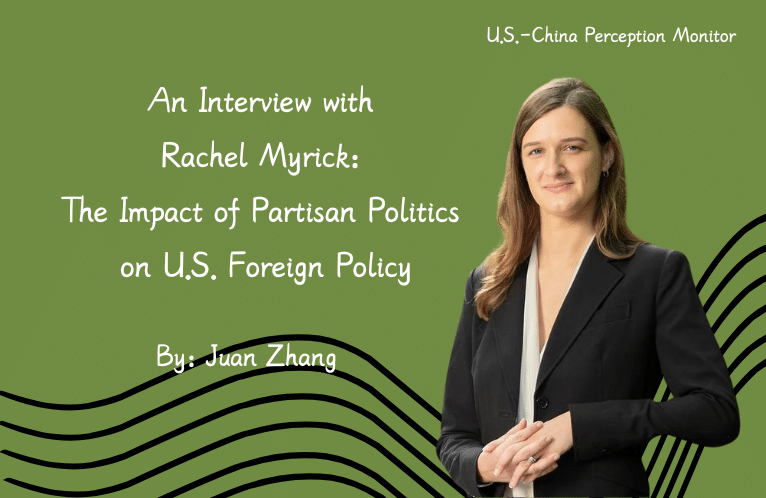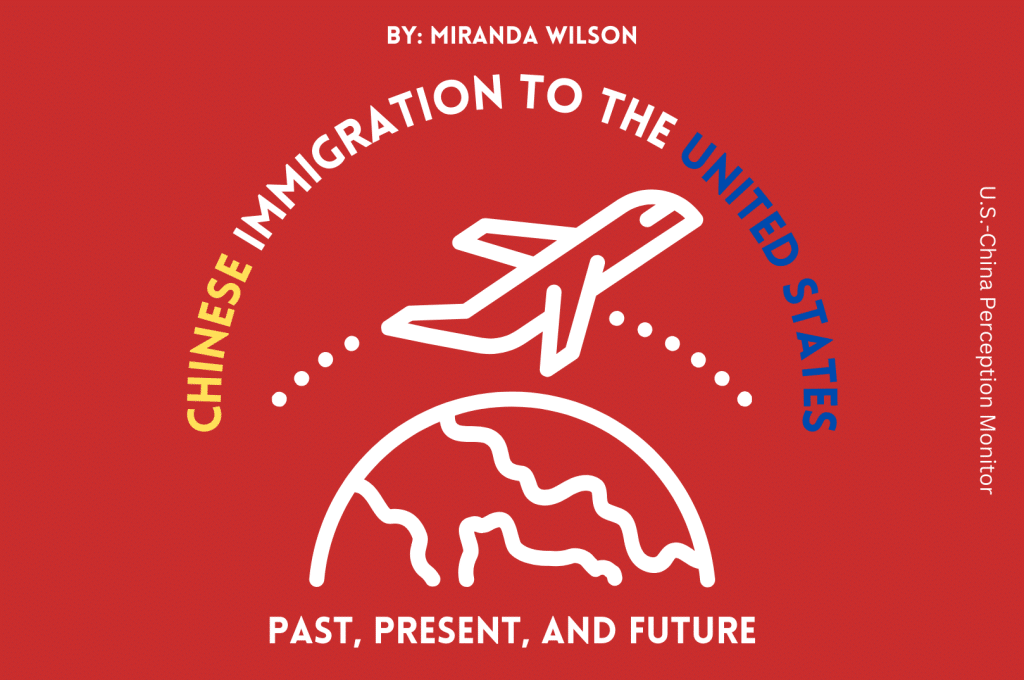Trump vs Clinton: Who Does China Want?
The first US presidential debate did not really provide China watchers with fresh insight into how either Trump or Clinton is going to deal with China, but over the course of their respective campaigns, both candidates have given ample evidence of where they stand on several key issues surrounding Sino-US relations. For all his flip-flopping on domestic social issues, Trump has maintained relatively consistent foreign policy positions with regard to China. Meanwhile, one only needs to look back on Hillary Clinton’s track record as secretary of state to draw out her views on China. The question for Beijing now is: who will be the better candidate to advance relations with China?
When it comes to economics, the concept of free trade has featured at length in both campaigns. In terms of trading with China, the Trans-Pacific Partnership (TPP) has stirred much controversy within both parties in the US. However, both nominees are opposed to this trade deal. At this point, it hardly matters to China why they oppose it, though it is somewhat important to point out that Trump disagrees with the very idea of free trade, whereas conservatives disagree with the type of over-regulated free trade the TPP proposes. Trump’s opposition to free trade qua free trade does not conform to the conservative rationale for why the TPP specifically should be rejected, which will surely irk the conservative bloc, because many members in his Party do believe in the underlying principle that consumers should be allowed to purchase goods from whomever they wish. Therefore, his general attitude towards multilateral free trade, which does work in China’s favor in this particular case, might be an overarching problem for China. Meanwhile, Clinton, who initially supported the deal, is now against it. She cites domestic job creation and national security as important criteria for any trade agreement, and the TPP does not meet her standards. In any case, China, by far the most notable exclusion from the pact, stands to benefit from both Trump and Clinton because both candidates argue that the TPP further threatens the middle-class. Yet when it comes to free trade at large, a Clinton presidency might just be more in line with Chinese interests.
Trump’s apparent lack of economic acumen is also a concern. From arguing that Mexico is “stealing” America’s domestic jobs, to threatening high tariffs on Chinese imports, Trump’s understanding of how the world economy works is questionable, and his solutions for bolstering America’s economy are also worrisome. But what most alerts Chinese officials would probably be his claim that the Chinese are devaluing their currency to deliberately harm the American economy. Trump’s bases his accusation on the false presumption that long-term currency devaluation leads to zero downsides for China’s domestic economy. Problems such as creating uncertainty among its international trading partners, limiting purchasing power, and capital flight, are all problems that accompany cheaper, more competitive exports. Chinese policymakers recognize that in order to strive for sustainable economic growth, it can no longer rely on its cheap labor and low manufacturing costs, which are achieved through currency devaluation. In reality, the yuan has been “appreciating, not depreciating. From 1995 through 2014, China’s exchange rate appreciated by 26%.” Hence, on balance, the argument that “a devaluation would cost the Chinese economy more than it gains” seems much more tenable.
That said, the Republican nominee is a businessman after all. Thus far, he has proved many times over that his ever-evolving political convictions and interests override whatever political principles he has. So it is not unreasonable to assume that he would welcome any mutually beneficial deal between the two countries, unlike Clinton, whose past roles as first lady and secretary of state lead us to believe that grappling with China’s human rights track record will be one of her top priorities.
This brings us to the social issues. In this area, it is possible that a Trump presidency would play into China’s hands more. Clinton’s campaign is viewed in China as an “old foreign policy hand.” She will certainly help carry forward Obama’s pivot to the Asia-Pacific. That means continued involvement in the South China Sea in the name of freedom of navigation and continued scrutiny of China’s human rights record. Everyone knows that “America’s desire for more rigorous and persistent commitment” to the Asia-Pacific will inevitably lead to more confrontation and more tension. Indeed, Clinton’s interventionist position will not sit well with Beijing, but this is not to say a Trump presidency is without its risks in this regard as well. Trump seems to be drawn to the strongman, as evidenced by his admiration of dictatorial leaders such as Putin and Kim Jong-un. What that means for China is unclear at this point, but there is a risk calculation to be had here. Would China want a foreign policy wildcard in Trump or a known quantity in Clinton?
And overall, who would China really prefer? A nationalist and economic isolationist? Or a foreign policy hawk, who will meddle in China’s domestic affairs, but at the same time promote globalism and free trade? It is understood that Republican presidents are generally more likely to preserve Sino-US relations given their pro-trade and pro-business attitude. In fact, resumption of diplomatic ties with China can largely be attributed to Richard Nixon in 1972, who looked past the two countries’ ideological differences and realized that China could serve as a key ally in containing the Soviets. But this election cycle is an anomaly in that Trump is not your typical Republican. On some issues, he is just as liberal, if not more so, than his opponent, which really complicates China’s risk assessment.
By Adrian Lo









